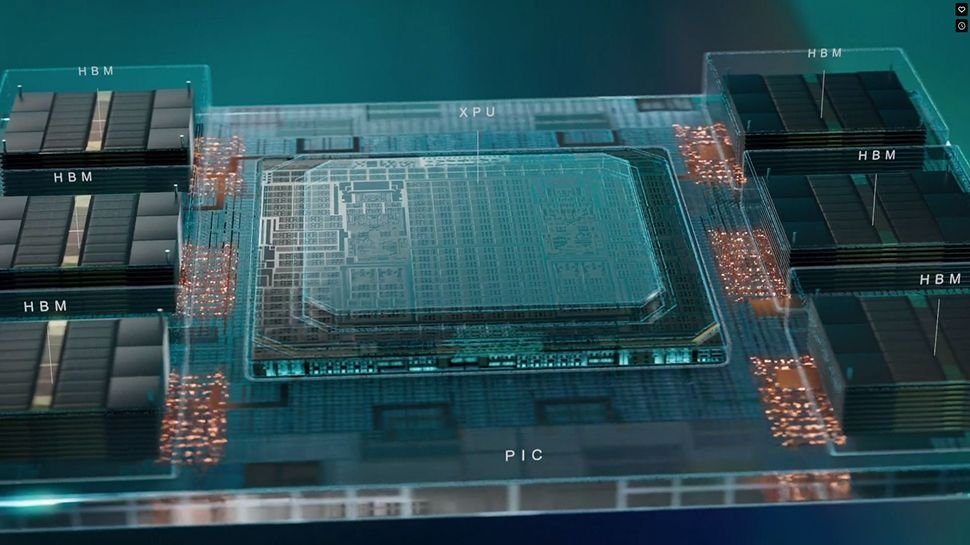There is no shortage of startups advancing technologies that could one day become pivotal in AI computing and memory infrastructure.
Celestial AI, which recently secured $175 million in Series C funding, aims to commercialize its Photonic Fabric technology aimed at redefining optical interconnects.
Celestial AI’s underlying technology is designed to decouple AI computing from memory and provide “a revolutionary leap in AI system performance that is 10 years ahead of existing technologies.”
Reduce energy overhead and latency
The company is reportedly in talks with several hyperscale customers and major processor manufacturers to integrate its technology. Although specific details have not yet been revealed, it is very likely that the manufacturer will be his own AMD, as AMD Ventures is one of the backers of Photonic Fabric.
According to reports Next platformThe core of Celestial AI’s strategy lies in chiplet, interposer, and optical interconnect technologies. By combining DDR5 and HBM memory, the company aims to significantly reduce power consumption while maintaining high performance levels. Chiplets can be used to add memory capacity or as an interconnect between chips, offering speeds comparable to NVLink and Infinity Fabric.
“The surge in demand for our photonic fabrics is a result of the right technology, the right team, and the right customer engagement model,” said Dave Lazovsky, co-founder and CEO of Celestial AI.
“By offering full-stack technology, we deliver electrical-optical-electrical links that deliver data with the required bandwidth, latency, bit error rate (BER), and power that are compatible with customers’ logical protocols. , a wide range of customers have adopted AI accelerators and GPUs. In-depth strategic collaboration with hyperscale data center customers focused on optimizing system-level accelerated computing architectures has enabled these solutions to prerequisites. We are excited to work with industry giants to advance the commercialization of photonic fabrics.”
Although Celestial AI faces challenges in timing and competition from other startups in the silicon photonics space, the potential impact of its technology on the AI processing environment makes it a viable contender. As the industry moves toward co-packaging optical elements and silicon photonic interposers, Celestial AI’s photonic fabrics could play a key role in shaping the future of AI computing.

